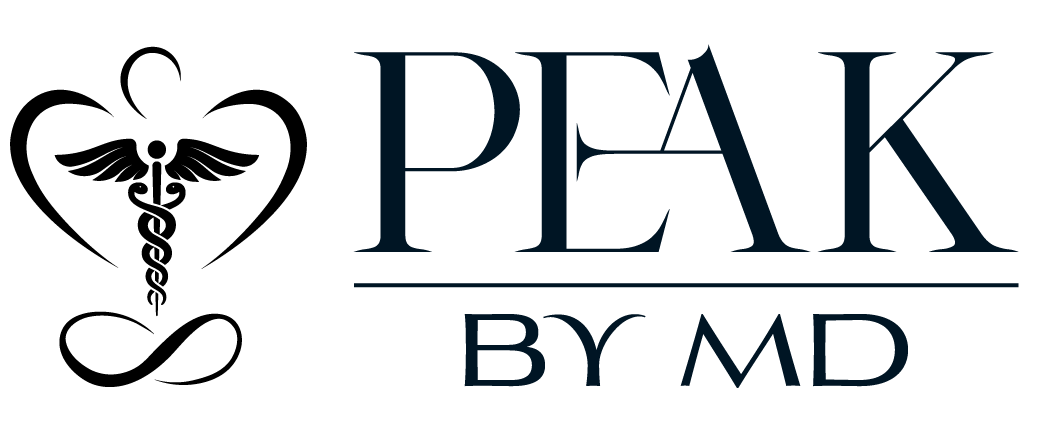Testosterone replacement therapy (TRT) has emerged as a beacon of hope for many dealing with the challenges of low testosterone levels. It’s well-known for its ability to improve energy levels, enhance mood, and restore libido, among other benefits. However, as a doctor specializing in hormone therapy, I believe it’s crucial to recognize that TRT isn’t a one-size-fits-all solution. While it offers significant benefits, there are certain individuals for whom TRT may not only be ineffective but potentially harmful.
In this blog post, we’ll explore the scenarios where TRT should be avoided or approached with caution.
- Men with Normal Testosterone Levels: TRT is specifically designed for those diagnosed with low testosterone. Administering TRT to men with normal levels can lead to negative side effects, including cardiovascular issues.
- Prostate Cancer: For men with current or past prostate cancer, TRT is generally discouraged. The therapy could potentially stimulate the growth of cancer cells, a topic that’s still under active research.
- Breast Cancer: Similarly, TRT is not recommended for men with breast cancer. Testosterone can promote the growth of breast tissue, exacerbating the condition.
- Severe Heart Conditions: Those with serious heart issues, like congestive heart failure, should avoid TRT due to the risk of fluid retention which can aggravate their condition.
- High Red Blood Cell Count (Polycythemia): Since TRT can increase red blood cell production, it’s not suitable for individuals with a history of polycythemia, which could worsen with treatment.
- Uncontrolled Sleep Apnea: TRT might exacerbate sleep apnea. Effective management of sleep apnea is essential before considering TRT.
- Fertility Concerns: TRT can impair sperm production and fertility. If fertility is a concern, alternative therapies should be explored.
- Liver or Kidney Disease: Severe liver or kidney diseases can affect the body’s ability to process and eliminate hormones, making TRT less safe or effective for these individuals.
- History of Stroke or Blood Clots: Due to the potential risk of increased blood clots, those with a history of strokes, DVT, or pulmonary embolism should be cautious about TRT.
Conclusion
Testosterone replacement therapy, while beneficial for many, isn’t a universal remedy. As a responsible medical practitioner, it’s imperative to assess each patient’s unique health profile before recommending TRT. Understanding these contraindications not only ensures the safety of those who might consider TRT but also underscores the importance of personalized medicine. Always consult with a healthcare professional to determine the best course of action for your specific health needs.
